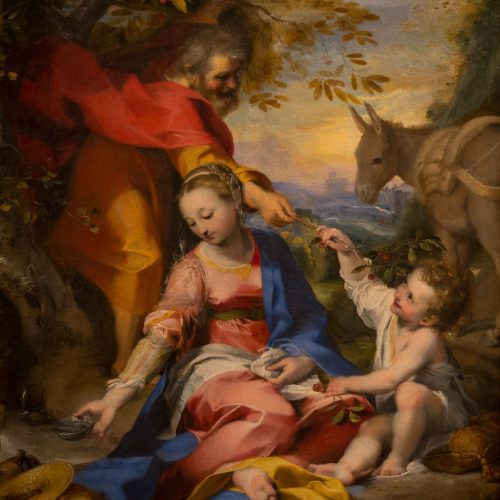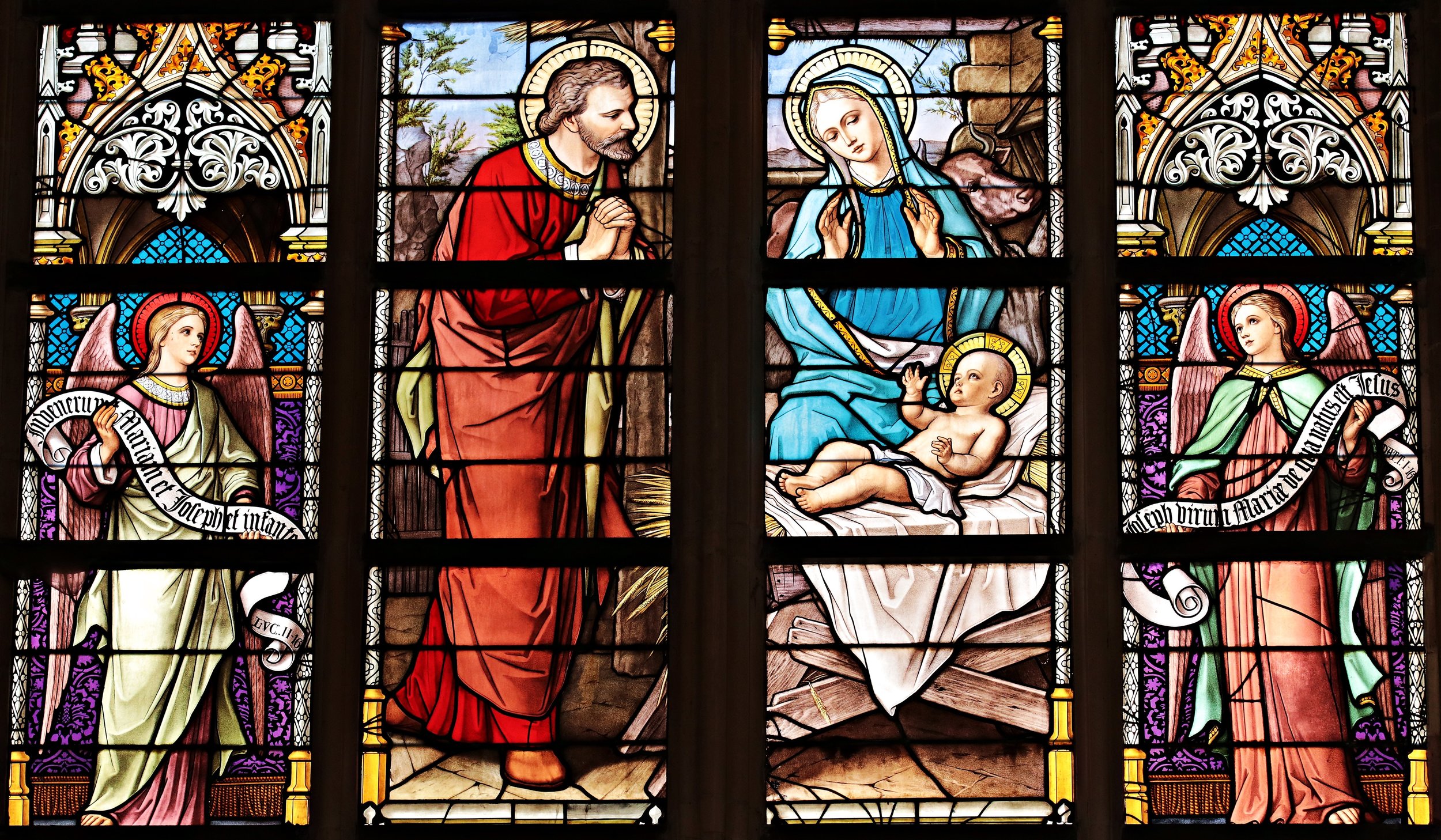
What is el Día de San José in Spain
Just so that you are ready to celebrate your fathers (whether or not they are in Spain), today we are sharing a little information about Spanish Father’s Day, also known as Saint Joseph’s Day or Día de San José in Spanish.
 What is it?
What is it?
Like we’ve previously talked about, almost all important people in Catholic history (and some people who are not related to the church) have a name day and on the 19th of March it is Día de San José or the Day of Saint Joseph. Saint Joseph has a really important role in Spain as he was not only the husband of Mary, the mother of Jesus, he is also the patron of artisans because he was a carpenter. He is considered to have had the character of a good father, which is why Father’s Day corresponds to this day.
In addition, in some comunidades, Saint Joseph plays an important role as a patron saint of different activities. This year, the 19th of March will be a bank holiday in Valencia, Murcia, Almuñecar, Baena, La Rinconada, Sant Josep de sa Talaia, Toledo, Navarra, and the Basque Country.
The History:
The history of this Saint and this special day are obviously religious. Now, I know we have previously talked about how Spain is a country that can be very Catholic while not practicing religious ceremonies, but having ties to the Catholic church means that this holiday is more ingrained in the culture than other, nonreligious holidays. Throughout history, the date itself has changed, but the celebrations of San José are speculated to have started in the 9th century in Egypt and reached the European continent at the beginning of the 1100s in Italy.
In Spain the celebration of San José has occurred on the 19th of March since the mid 1600s when the Pope Pío IX declared Joseph as the Universal Patron of the Church. However, Spaniards only began celebrating it as Father’s Day well into the 1900s when it was decided that fathers deserved a day of commemoration (in addition to Mother’s Day which had been established previously). As Joseph is seen as a strong father figure, it comes as no surprise that Father’s Day was placed on the same day as this saint’s.
Note: In Spain, a common nickname for José is Pepe and it is thought that this is because Joseph acted as the legitimate, the caring father for Jesus without being his actual father—this term is in Spanish is padre putativo. Taking the PP abbreviation from this name and you can understand how they arrived at Pepe.
 Main activities/how to join in:
Main activities/how to join in:
This year the date falls on a Tuesday and in some places (mentioned above), it is a bank holiday. In addition, in Valencia you will find special celebrations around San José as he is one of their patron saints and is heavily tied to Las Fallas.
However, around the rest of Spain you probably won’t find huge celebrations for this day. In common Spanish fashion, family comes first and you will probably find that many of your friends and colleagues plan to have lunch or dinner with their loved ones and that fathers receive gifts. If you want to join in, give appreciation for the fathers and father figures in your life and make sure they know how much they mean to you!
In addition, make sure to celebrate all the Josés, Josefas, and María Josés as it is their day too!
Sources:
https://www.diafestivo.es/san-jose.php
http://icalendario.net/fiestas-populares/san-jose
https://www.abc.es/sociedad/abci-celebra-san-jose-o-padre-espana-201803180749_noticia.html




